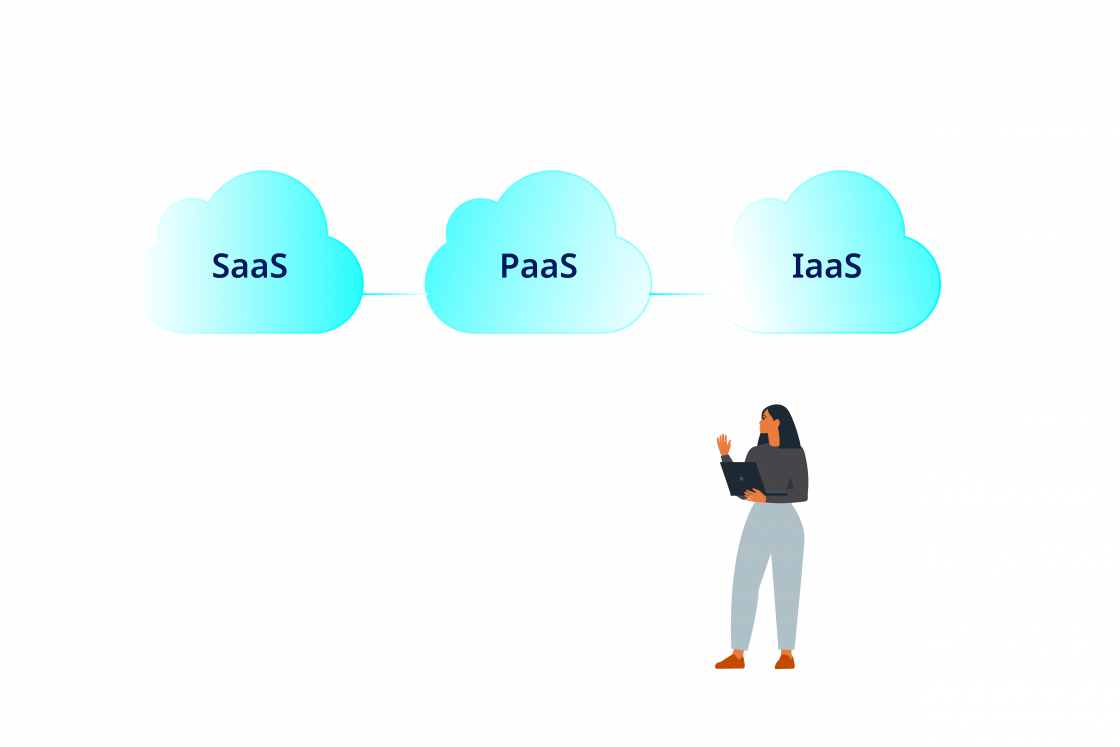
Web Hosting Tutorial Point provides tutorials covering all aspects of web hosting. It has a user-friendly interface that makes it easy for you to navigate. You can also ask questions and receive answers from the staff via the forum. Web Hosting Tutorial point is a great place to start web hosting, or if you're a professional who needs advice,
Domain name system (DNS)
Domain Name System is one of the most vital technologies in the internet. It is a database that maps names to IP addresses. It was created to make accessing websites and other resources easier. Before DNS, computers and servers had their own IP addresses. This was tedious and time-consuming due to the increasing number of computers connected.
ICANN (a non-profit entity) manages DNS. However, ICANN is only connected to one country so the system cannot be considered neutral. DNS queries don't reveal the identity or originator of DNS queries, making it attractive for hackers.

Hosting a website
Hosting your website online is a service that allows you to store it on a specific computer. The server hosts your website, and provides many technologies and services to help visitors see it. These services include domain name registration, email service, firewall protection, and email. These services also provide tools to help you build your website.
A control panel is available through the hosting service. You can upload files to your site and create it using the cPanel. You'll also need a domain name that points to your hosting server, so you'll be able to identify your site in the internet world.
Datacenters
Datacenters are the locations where web servers keep files that make up websites. These locations can have a significant impact on the speed at which your website contents display on a user’s monitor. Many hosting providers have multiple data centers located around the world. A global network will allow you to reduce bandwidth usage and increase speed at which your website content is delivered. Caching is another benefit to a data center. Caching stores temporary copies of files on your website and can reduce the loading time of your website.
Web hosting costs
Hosting costs depend on what kind of hosting you want and which company you choose. Hosted hosting, which is hosting on a shared server with many other websites, is the least expensive. This type of hosting typically costs between $2 to $12 per month. A dedicated hosting plan is recommended if you want more control over your website.

Whether you plan to run an e-commerce store or a personal blog, you will need to purchase a hosting service. The question of what amount to spend can be more complicated than you think. You don't want to invest your hard-earned money in something that will not get the results you are looking for. But it is essential to strike the right balance between quality and cost. The wrong hosting service could have unexpected consequences for you business.
FAQ
How do you create a free website.
It depends on what type of website you want to create. Are you looking to sell products, build a website, or create a portfolio online?
A combination of HyperText Markup Language, Cascading Stil Sheets and HTML can create an essential website. You can create a simple website with HTML and CSS. But most web developers recommend using a WYSIWYG editor (such as Dreamweaver, Frontpage).
Hire a freelance web developer if your skills are not in-depth. They can help you create a custom website based on your needs.
A freelance developer can charge you a flat fee per project or hourly rate. It depends on the amount of work that they do in a given time frame.
For example, some companies charge $50-$100 per hour. You'll usually get higher rates for larger projects.
Many freelance websites also list open jobs. You can search there before you contact potential developers directly.
What is a static website?
Static websites are those where all content is stored on a web server and can be accessed by users via their web browsers.
The term "static” refers the fact that there is no dynamic feature such as changing images or video, animations etc.
This type of website was originally created for use in corporate intranets. It has since been adopted both by individuals and small companies who are looking for simple websites that do not require any programming.
Because they are less maintenance-intensive, static sites have gained popularity. They are simpler to update and maintain than fully-featured websites that have many components (like blogs).
They also load quicker than their dynamic counterparts. They are ideal for mobile users and those with slow Internet connections.
Also, static websites are more secure that dynamic counterparts. It is difficult to hack into static websites. Hackers only have access the data in a database.
There are two main ways you can create a static web site.
-
Use a Content Management System (CMS).
-
Static HTML Website Creation
It all depends on what you need. A CMS is my recommendation if your first website was created.
Why? Because it allows you to have full control over your website. A CMS means that you don't have to hire someone to set up your website. Upload files directly to the CMS.
You can still learn to code and make a static website. However, you will need to put in some time to learn how to program.
Are there any technical skills required to design and build my site?
No. All you need is an understanding of HTML and CSS. There are many tutorials available online that can teach both HTML or CSS.
Statistics
- In fact, according to Color Matters, a signature color can boost brand recognition by 80%. There's a lot of psychology behind people's perception of color, so it's important to understand how it's used with your industry. (websitebuilderexpert.com)
- Is your web design optimized for mobile? Over 50% of internet users browse websites using a mobile device. (wix.com)
- Studies show that 77% of satisfied customers will recommend your business or service to a friend after having a positive experience. (wix.com)
- It's estimated that chatbots could reduce this by 30%. Gone are the days when chatbots were mere gimmicks – now, they're becoming ever more essential to customer-facing services. (websitebuilderexpert.com)
- At this point, it's important to note that just because a web trend is current, it doesn't mean it's necessarily right for you.48% of people cite design as the most important factor of a website, (websitebuilderexpert.com)
External Links
How To
How to become web developer
A website does not simply contain HTML code. It is an interactive platform that allows users to communicate and delivers valuable content.
A website is not only a tool for delivering information, it's a portal that connects you to your customers. It should allow customers to quickly find what they need, while also showing how you want them interact with your business.
The best websites allow visitors to do exactly what they came to do--find what they're looking for and then leave.
To achieve this goal, you will need to develop technical skills as well as design aesthetics. You will need to know HTML5 coding basics and CSS3 styling, along with the latest developments in JavaScript.
Also, you'll need to learn how to use tools like Photoshop, Illustrator, InDesign and Fireworks. This allows designers to create and edit web graphics and layouts. The style guide includes everything you need, from fonts, colors, and layout.
Begin by learning about the subject, taking online courses, and enrolling in college programs if you want to become a web developer.
It may take months or years for you to complete your degree. However, once you have a degree you will be ready to enter into the workforce.
And don't forget to practice! The better you get at designing, the easier it will be for you to build great websites.